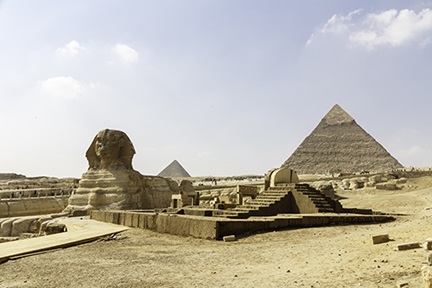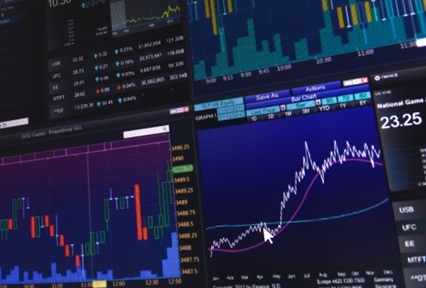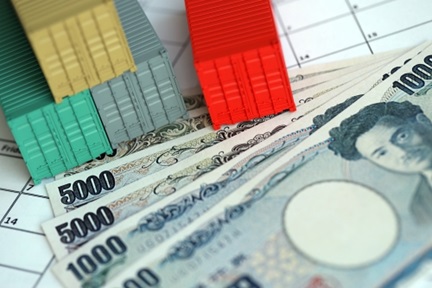Notes from Abidjan
Amit Jain reflects on his attendance of the Africa Investment Forum in Cote D’Ivoire
.jpg?sfvrsn=f771806a_3) Centre Director Amit Jain in front of TV screen showing videos by NTU-SBF Centre for African Studies at the Africa Investment Forum
Centre Director Amit Jain in front of TV screen showing videos by NTU-SBF Centre for African Studies at the Africa Investment Forum
I landed in Abidjan, the commercial epicentre of the West African republic of Cote D’Ivoire on a late evening flight from Paris on Tue, 1 Nov. There is no direct connection from Singapore. It was my first visit to this West African republic which is where the African Development Bank (AfDB) is headquartered. I was here to attend the Africa Investment Forum (AIF) - a three-day annual event the Bank organises to raise private sector funding for the various projects that it supports. The immigration was swift, and a team of student volunteers were there to welcome delegates at the airport. I changed currency, picked up a local SIM card and after a quick registration at the AfDB reception desk I was on my way to my hotel. The ride was smooth, and the streets lit up well with lights. They say it is often the first impression of a place that stays. So here is mine. Abidjan is not the chaotic noisy free-wheeling hubbub that you may have come to expect. Smooth toll-roads connect the airport to the city centre and while the roads do often get clogged by traffic there is surprisingly very little honking. In comparison to the chaos of Bangkok, Jakarta and Mumbai urban living in Abidjan appears rather orderly. The language and signposts are in French but the rapidly improving infrastructure has Chinese signatures all over it. Cote D’Ivoire should be self-sufficient when it comes to food, yet everyday essentials like milk, butter, and cereals are flown in from France. The price tag on these things in convenience stores like Super U is shockingly high. But there is clearly a market for it as the shelves are well-stocked. The more affordable China Mall is even more packed with goods. Travelling in taxis is easy. All you need is the local taxi app – Yango. It works like a charm.
 The African Development Bank building in Abidjan
The African Development Bank building in Abidjan
The AfDB has emerged as an important partner of the Centre over the past year. We have hosted joint webinars over the past year. I was here to meet our interlocutors, see the kind of work they do, promote our own work at the event, and of course, network. Established by the AfDB and seven founding partners in 2018, the AIF is Africa’s pre-eminent investment promotion ‘marketplace’ that brings bankable projects to financial close by facilitating deals between project sponsors and international investors. I got to see this up close when I attended a series of closed-door investment pitches by project sponsors. No question went unanswered. In some cases, prospective investors could even get a peek at the financials – something that one simply cannot do over zoom. Delegates attending included financiers, financial institutions, transactions advisors, policy makers, and even heads of states. Among them - the President of Ethiopia, Ghana, and Zimbabwe. Steered skilfully by Dr Akinwumi Adesina some US$31bn worth of investments were committed by the end of the three-day event. It was difficult not be infected by the optimism the charismatic AfDB President exuded. Indeed, there is every reason to be optimistic about the future of Africa. The continent is on a path of self-renewal. It is increasingly speaking with one voice on the world stage demanding action and drawing attention. It recognises that to turn a new leaf it needs to build its own institutions. The AfDB is a fine example. A growing and young population has changed the image of Africa from an aid-hungry basket case to a vibrant marketplace. 54 of the 55 countries that make up Africa are slowly morphing into a single market. I had the chance to meet the energetic Secretary General of the African Continental Free Trade Area (AfCFTA) African Union, Wamkele Mene. He remains unfazed at the slow pace of market integration. Five years since the agreement was signed in Kigali there is still much work to be done before goods, people and services a move across the borders freely. He reminded the sceptics in the room that it took the European Union 72 years to get to where it is now.
 Ethiopian President Sahle-Work Zewde with other panellists at the AIF 2022
Ethiopian President Sahle-Work Zewde with other panellists at the AIF 2022
The most notable learnings were made during conversations over lunch or dinners. The most memorable for me was with a 40-year-old petit Nigerian entrepreneur named Hawa. She makes designer bags for women. Based out of Abuja, Hawa has succeeded in raising US5$ million from local venture capitalists. Yes, it is domestic capital that drives African entrepreneurship not foreign investments. Now, she wants to brand her bags in East Asia. Ventures such as hers are aplenty. The spirit of entrepreneurship flies high in Africa. The problem is that it remains mostly informal. Young professionals run side-hustles to provide for their families and climb out of poverty. Women like Hawa do not need empowerment. What they really need is financing. Singapore is a financial hub and could be a source of venture capital. Would it not be great if entrepreneurs like her could tap into its reservoir of finance? If there is one thing that I took away from my visit it is this -- mobilising capital for development requires promotion, partnership, project preparation and a whole lot of investor participation.


.tmb-listing.jpg?Culture=en&sfvrsn=8636ce67_1)





